The Allen Institute for Brain Science is characterizing the cell types and connections that make up our brains and how they change in disease.
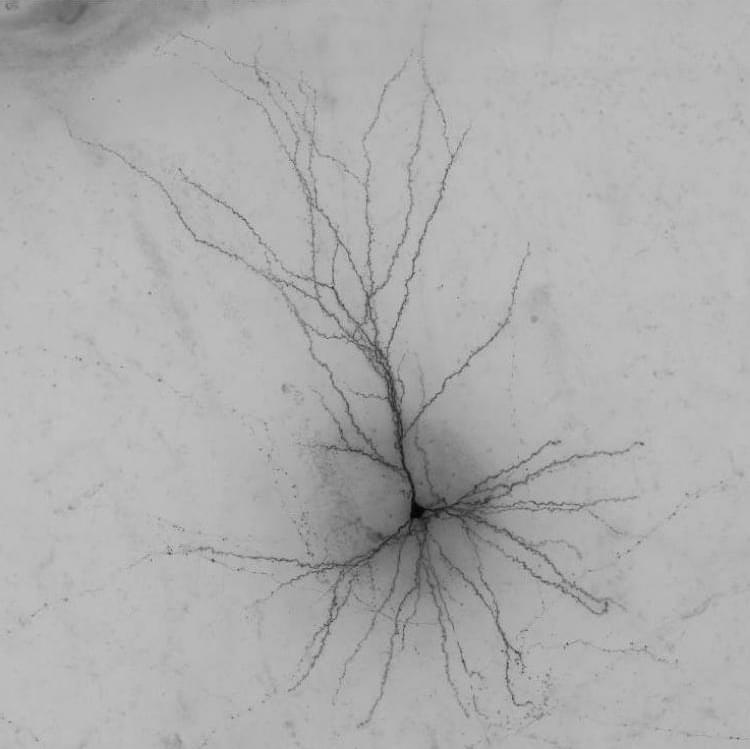


Been saying this for years!
A summary of decades of research on a rather ‘out-there’ idea involving viruses from space raises questions on just how scientific we can be when it comes to speculating on the history of life on Earth.
It’s easy to throw around words like crackpot, rogue, and maverick in describing the scientific fringe, but then papers like this one, from 2018, come along and leave us blinking owlishly, unsure of where to even begin.
A total of 33 names were listed as authors on this review, which was published by Progress in Biophysics and Molecular Biology back in August 2018. The journal is peer reviewed and fairly well cited. So it’s not exactly small, or a niche pay-for-publish source.
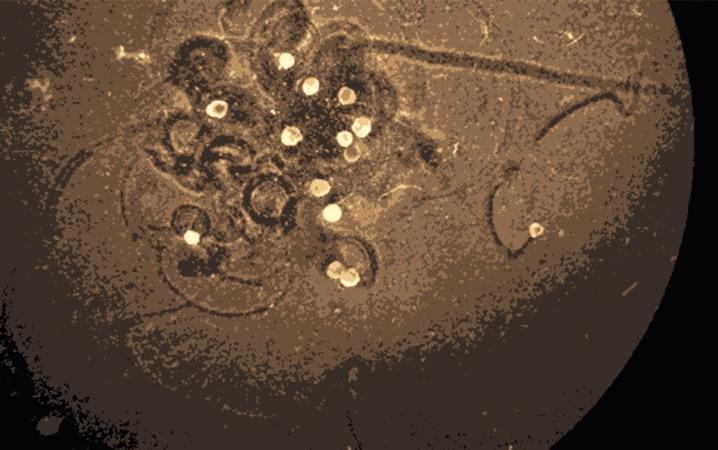
These are some of the fun science stories from this year that we couldn’t wait to talk about with friends.
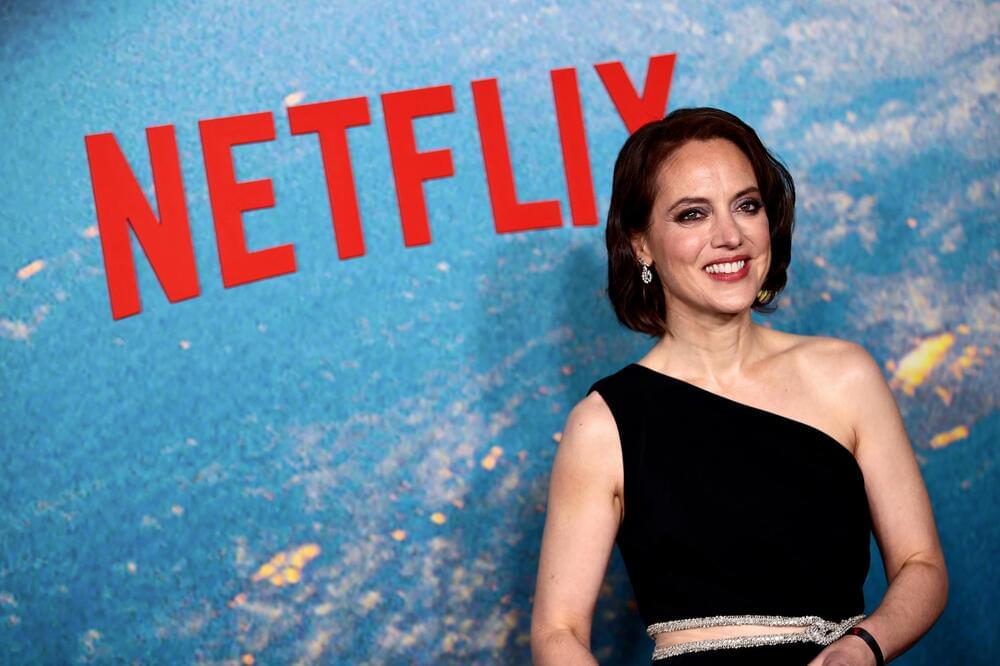

It doesn’t have to be this way. Unhealthy ageing is a human tragedy, and if governments and health authorities shift their focus from lifespan to healthspan, longevity technology can remedy it. Looking and feeling younger for longer is not the preserve of beauty brands or Silicon Valley billionaires.
The average human lifespan has increased by several decades in the past century, but our healthspan – the years we are in good health – has stayed the same. The solution is to treat unhealthy ageing like any other illness, that is, as a technical problem that can be overcome.
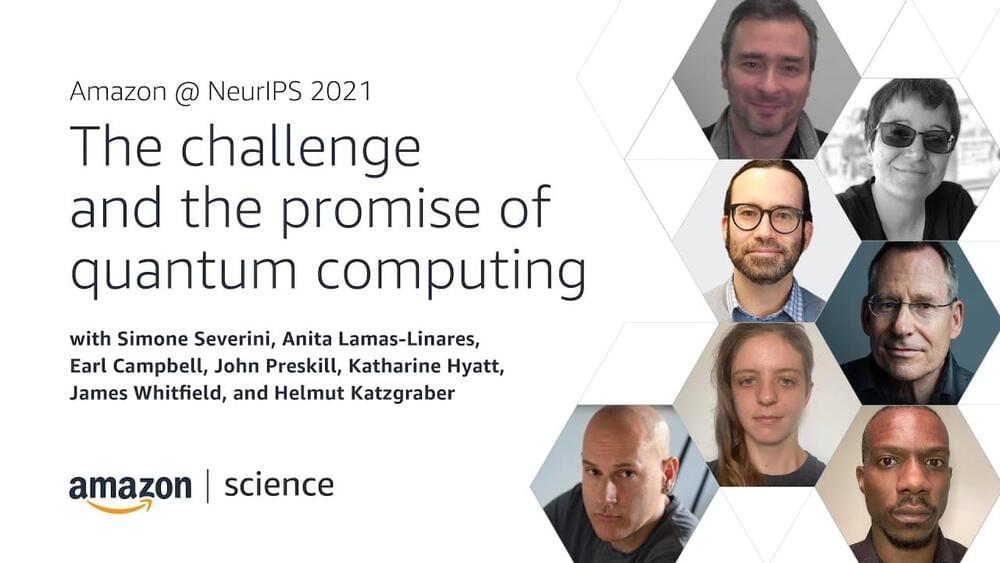
During NeurIPS 2021, seven quantum computer scientists from Amazon came together to discuss the current state of quantum computing, some of the biggest challenges facing the field, and what the future might hold.
Panelists included:
• Simone Severini, director of quantum computing.
• Antia Lamas-Linares, principal research scientist.
• Earl Campbell, senior research scientist.
• John Preskill, Amazon Scholar.
• Katharine Hyatt, applied scientist.
• James Whitfield, Amazon Visiting Academic.
• Helmut Katzgraber, senior practice manager.
Follows us:
Website: https://www.amazon.science.
Twitter: https://twitter.com/AmazonScience.
Facebook: https://www.facebook.com/AmazonScience.
Instagram: https://www.instagram.com/AmazonScience.
LinkedIn: https://www.linkedin.com/showcase/AmazonScience.
Newsletter: https://www.amazon.science/newsletter.
#AmazonScience #Quantum #QuantumComputing #QuantumTech #NeurIPS
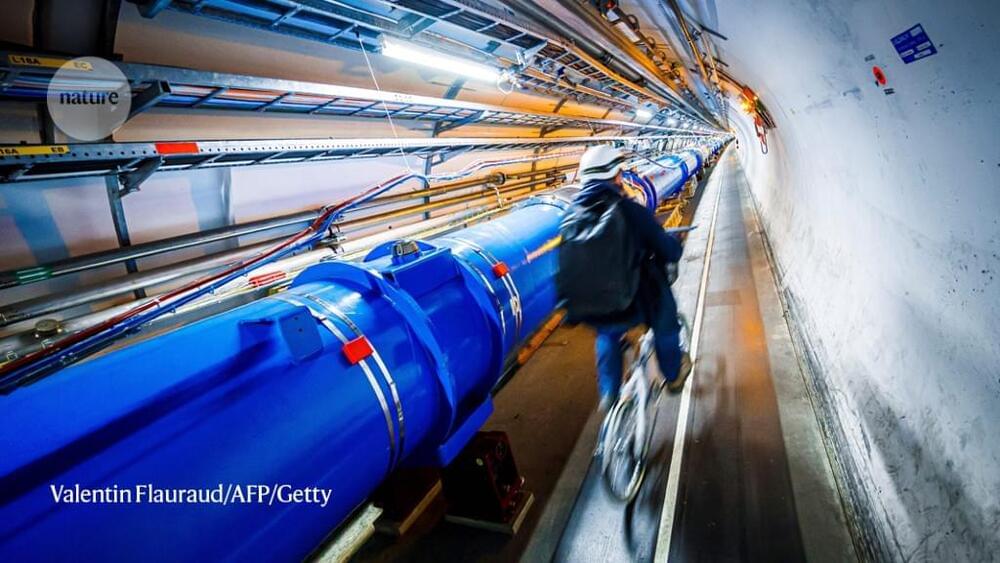

The 24thSpaceX cargo resupply services mission, targeted to launch in late December from NASA’s Kennedy Space Center in Florida, carries scientific research and technology demonstrations to the International Space Station. The experiments aboard include studies of bioprinting, crystallization of monoclonal antibodies, changes in immune function, plant gene expression changes, laundering clothes in space, processing alloys, and student citizen science projects.

Could a pill make you more moral? Should you take it if it could?
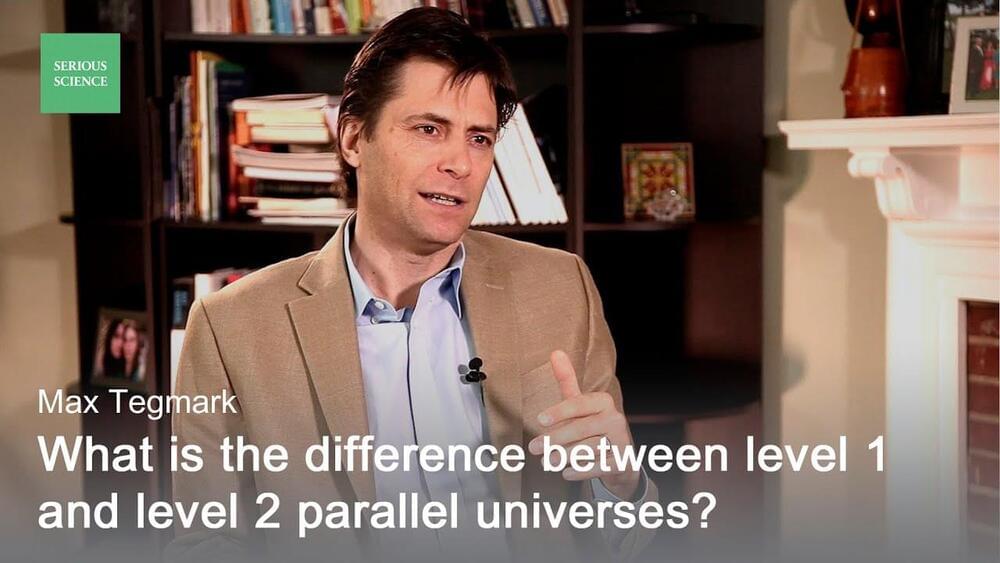
Physicist Max Tegmark on predictions that cannot be observed, explanation of Universe’ fine tuning, and quantum computer.
You can now become our Patron and help us communicate science to a wider audience. Support us on https://www.patreon.com/SeriousScience.
Be the first to find out about our new videos and articles. Learn interesting facts about various topics and people. Discover the answers to the big questions. Be in the know.
Follow us:
Serious Science — http://serious-science.org/videos/1435
Patreon — https://www.patreon.com/SeriousScience.
Facebook — https://www.facebook.com/serious.scie…
Twitter — https://twitter.com/scienceserious.
Instagram — https://www.instagram.com/serious.sci…
Tumblr — http://serious-science.tumblr.com/
Vk — https://vk.com/seriousscience